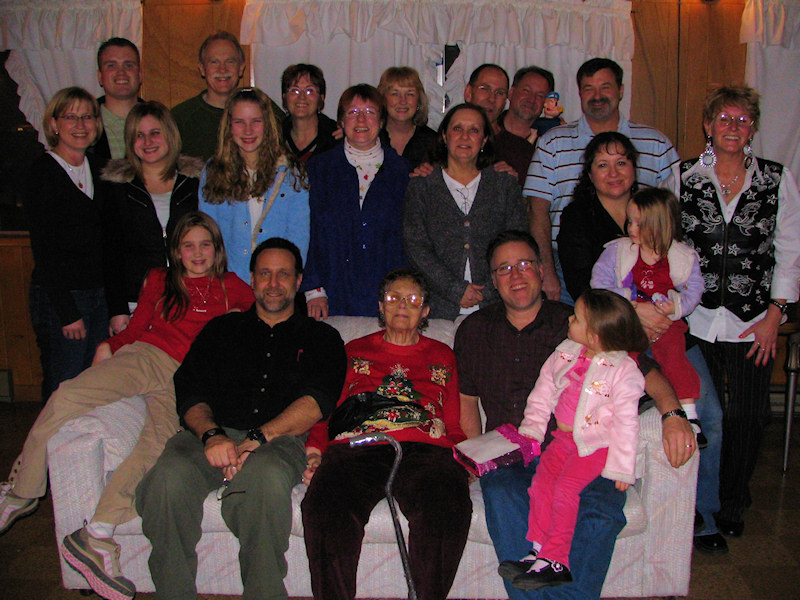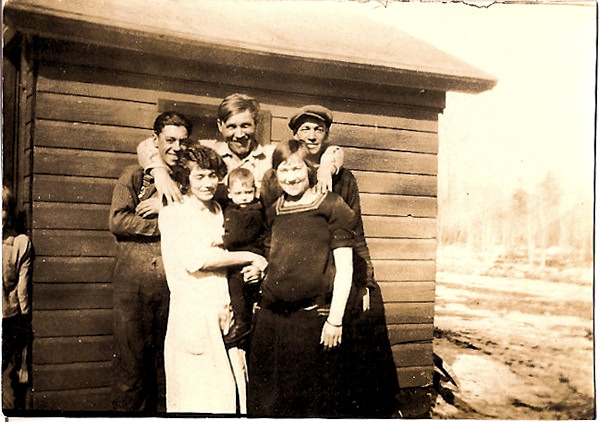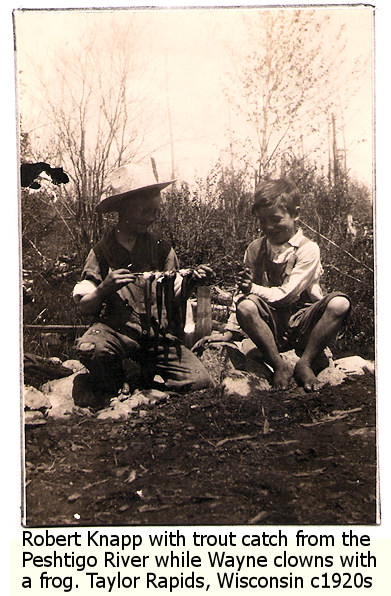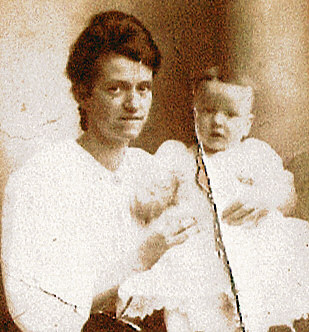Tracing our family history isn’t about connecting the dots in our family tree, it is also about connecting the medical history and genetic path cancer takes through a family.
In “My Semicolon Life: Tracing my family’s cancer history” in USA Today, Brian Mansfield talked about his diagnosis of colon cancer turned out to be a discovery that he had a genetic syndrome that increased his likelihood of developing colon cancer by 80%. In Fall 2012, he started sharing his story in an ongoing series in USA Today, including his new perspective on his own family history.
Every time my older son gets an upset stomach, he gets a little spooked.
This summer, he didn’t seem worried. My surgery and recovery went well enough that he didn’t have to spend much time wondering if things might go badly. Besides, people brought food.
Now that he’s back at college and on his own, he’s thinking less about my short-term issues and more about his long-term ones.
Like, when’s he going to get cancer?
As the son of someone with Lynch syndrome — a hereditary genetic disorder that exponentially increases one’s susceptibility to cancer — it’s not an unreasonable question. He knows he’s got a 50/50 chance of carrying the same mutation I do, and he knows that my own digestive problems led to my colon cancer diagnosis. He wants to get screened for Lynch, and he’d rather do it sooner than later.
With each doctor visit, I feel a little paranoid as I give my family history for cancers, mental illness, and other illnesses that have plagued my family. How many of these are genetic markers passed down the bloodline? How many of these are a result of eating habits and environment? How do you know?
Today, it is easier to know than ever before, so find out. Encourage your parents and grandparents and other intimate family members, as well as yourself, to get tested for genetic disorders and markers.
As stated in the article, create a family history of cancer and illness in your family. Is there any patterns you can find?
It’s hard to do much research into illness and disease in a family line as sickness was often hidden, treated or ignored secretly, and kept quiet by the family.
We talk about a female ancestor having a hysterectomy but for what reasons? Was it cervical cancer, uterine cancer, fibroids, complications from pregnancy, or just something done at the time to women to cure their “female problems.”
It can be as much a mystery as tracing the family tree, but it could be a history that not only saves your life but future generations.
Most Recent Articles by Lorelle VanFossen
- The Myths and Mysteries and Hunt for Nicholas Knapp
- The Perpetual Calendar
- GenSmarts: Reminder to Not Assume
- Gensmarts Saves Your Family History Research Life
- Digging Through Historical Newspapers Online





